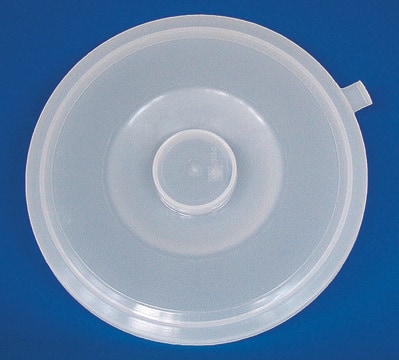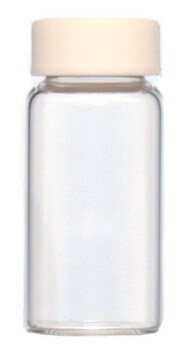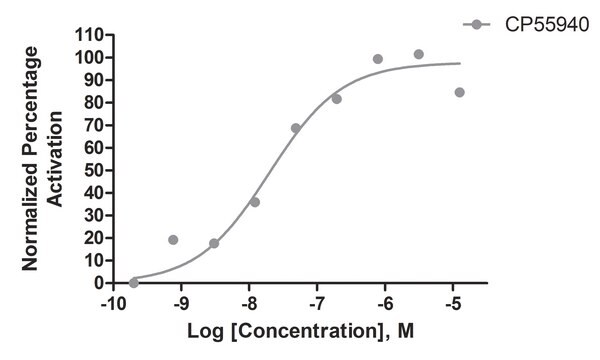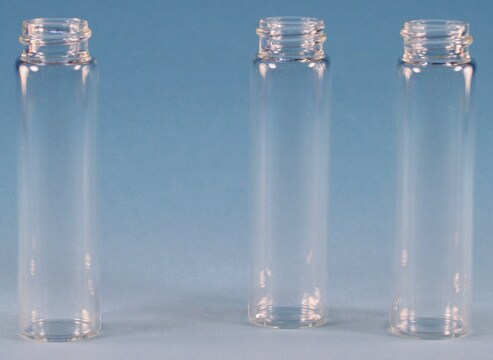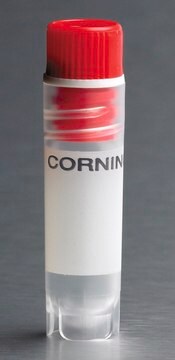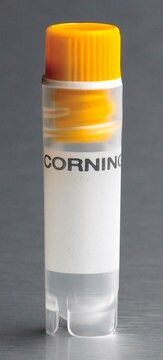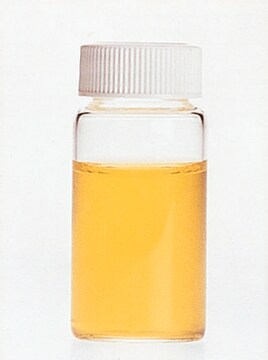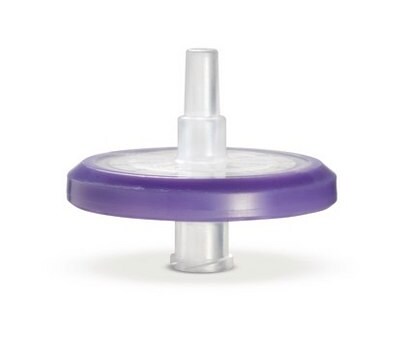HTS020M
ChemiSCREEN Membrane Preparation Recombinant Human CB2 Cannabinoid Receptor
Human CB2 GPCR membrane preparation for Radioligand binding Assays & GTPγS binding.
Synonym(s):
Cannabinoid receptor membrane prep, Human CB2 membrane prep
Sign Into View Organizational & Contract Pricing
All Photos(2)
About This Item
UNSPSC Code:
41106514
eCl@ss:
32161000
NACRES:
NA.41
Recommended Products
biological source
human
Quality Level
recombinant
expressed in CHO cells
manufacturer/tradename
ChemiScreen
Chemicon®
technique(s)
ligand binding assay: suitable (GTPγS)
radioligand binding assay (RLBA): suitable
NCBI accession no.
UniProt accession no.
shipped in
dry ice
General description
Cannabinoid compounds include exogenous drugs such as D9-THC, the main psychoactive component of the plant Cannabis sativa, and endogenous mediators, such as anandamide, that belong to eicosanoid family.The biological effects of cannabinoids are mediated by a family of two Gi-coupled 7-transmembrane receptors, CB1 and CB2. The CB1 receptor is found primarily in brain and mediates the psychoactive effects of cannabinoid ligands. The CB2 receptor is expressed mainly in immune cells, including mast cells and CD40-activated B cells, where it mediates proliferation and inhibition of migration (Howlett et al., 2002). Activation of CB2 inhibits the development of liver fibrosis (Julien et al., 2005). In bone, CB2 is expressed in both osteoblasts and osteoclasts, and functions to prevent bone loss (Ofek et al., 2006). In addition, activation of CB2 has an antinociceptive effect in animal models of neuropathic, inflammatory, and acute pain; this effect is mediated by release of endogenous opioids in the periphery (Ibrahim et al., 2005). Millipore′s CB2 membrane preparations are crude membrane preparations made from stable recombinant cell lines with a high-level of GPCR surface expression; thus, they are ideal HTS tools for screening for agonists and antagonists of CB2. The membrane preparations exhibit a Kd of 2.7 nM for [3H]-CP55,940. With 5 μg/well CB2 Membrane Prep and 2.5 nM [3H]-CP55,940, greater than 10-fold signal-to-background ratio is obtained.
Full-length Human CB2
Quality
Table 1. Signal:background and specific binding values obtained in a competition binding assay with varying amounts of CB2 membrane prep.
SPECIFICATIONS: 1 unit = 5 μg membrane preparation
Bmax: 50 pmol/mg
Kd: 2.7 nM
| 10 µg/well | 5 µg/well | |
|---|---|---|
| Signal:Background | 33.5 | 25.2 |
| Specific Binding (cpm) | 7336 | 6207 |
SPECIFICATIONS: 1 unit = 5 μg membrane preparation
Bmax: 50 pmol/mg
Kd: 2.7 nM
Specifications
Inucbation Conditions
RECOMMENDED ASSAY CONDITIONS: Membranes are mixed with radioactive ligand and unlabeled competitor (see Figures 1 and 2 for concentrations tested) in binding buffer in a nonbinding 96-well plate, and incubated for 1-2 h. Prior to filtration, an FC 96-well harvest plate (Millipore cat. # MAHF C1H) is coated with 0.33% polyethyleneimine for 30 min, then washed with 50mM HEPES, pH 7.4, 0.5% BSA. Binding reaction is transferred to the filter plate, and washed 3 times (1 mL per well per wash) with Wash Buffer. The plate is dried and counted.
Binding buffer: 50 mM Hepes, pH 7.4, 5 mM MgCl2, 1 mM CaCl2, 0.2% BSA, filtered and stored at 4°C.
Radioligand: [3H]-CP55940 (Perkin Elmer #NET1051)
Wash Buffer: 50 mM Hepes, pH 7.4, 500 mM NaCl , 0.1% BSA, filtered and stored at 4°C.
One package contains enough membranes for at least 200 assays (units), where an unit is the amount of membrane that will yield greater than 10-fold signal:background with 3H-labeled CP55,940 at 2.5 nM
RECOMMENDED ASSAY CONDITIONS: Membranes are mixed with radioactive ligand and unlabeled competitor (see Figures 1 and 2 for concentrations tested) in binding buffer in a nonbinding 96-well plate, and incubated for 1-2 h. Prior to filtration, an FC 96-well harvest plate (Millipore cat. # MAHF C1H) is coated with 0.33% polyethyleneimine for 30 min, then washed with 50mM HEPES, pH 7.4, 0.5% BSA. Binding reaction is transferred to the filter plate, and washed 3 times (1 mL per well per wash) with Wash Buffer. The plate is dried and counted.
Binding buffer: 50 mM Hepes, pH 7.4, 5 mM MgCl2, 1 mM CaCl2, 0.2% BSA, filtered and stored at 4°C.
Radioligand: [3H]-CP55940 (Perkin Elmer #NET1051)
Wash Buffer: 50 mM Hepes, pH 7.4, 500 mM NaCl , 0.1% BSA, filtered and stored at 4°C.
One package contains enough membranes for at least 200 assays (units), where an unit is the amount of membrane that will yield greater than 10-fold signal:background with 3H-labeled CP55,940 at 2.5 nM
Physical form
Liquid in packaging buffer: 50 mM Tris pH 7.4, 10% glycerol and 1% BSA no preservatives.
Packaging method: Membranes proteins were adjusted to the indicated concentration in packaging buffer, rapidly frozen, and stored at -80°C.
Packaging method: Membranes proteins were adjusted to the indicated concentration in packaging buffer, rapidly frozen, and stored at -80°C.
Legal Information
CHEMICON is a registered trademark of Merck KGaA, Darmstadt, Germany
Storage Class
12 - Non Combustible Liquids
wgk_germany
WGK 2
flash_point_f
Not applicable
flash_point_c
Not applicable
Certificates of Analysis (COA)
Search for Certificates of Analysis (COA) by entering the products Lot/Batch Number. Lot and Batch Numbers can be found on a product’s label following the words ‘Lot’ or ‘Batch’.
Already Own This Product?
Find documentation for the products that you have recently purchased in the Document Library.
Our team of scientists has experience in all areas of research including Life Science, Material Science, Chemical Synthesis, Chromatography, Analytical and many others.
Contact Technical Service